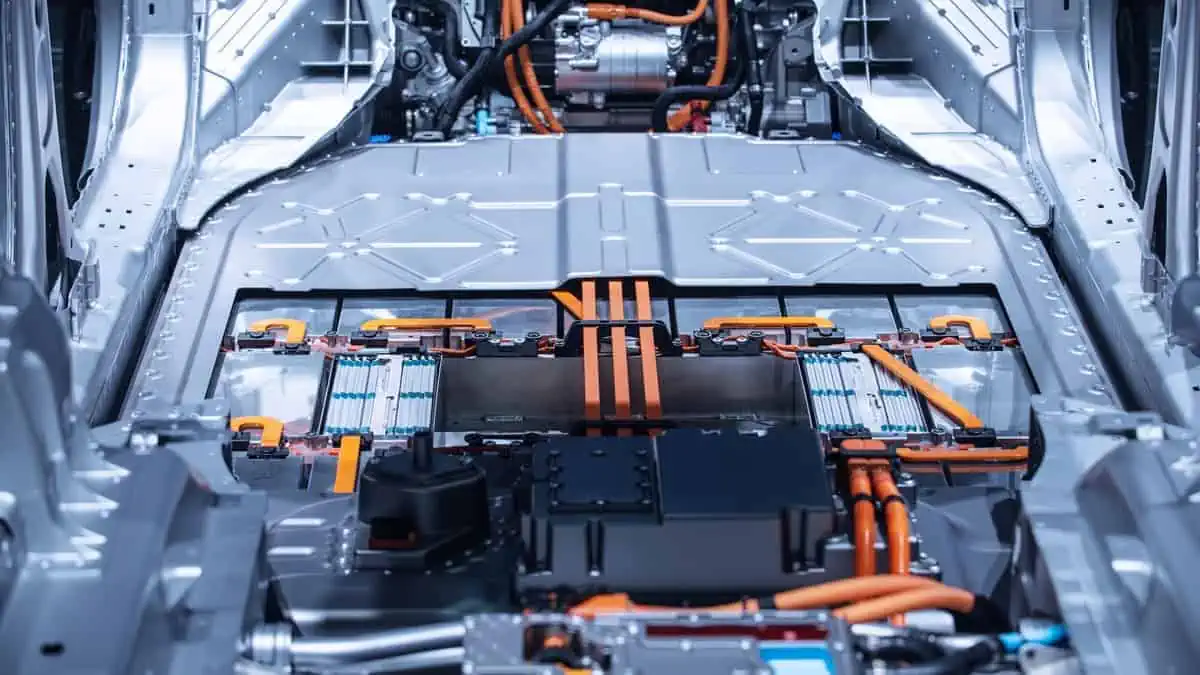Researchers have discovered that the capacity and performance of next-generation battery materials may be restrained by the irregular lithium ion movement, as per SciTechDaily.
The team, led by the University of Cambridge, monitored lithium ions flow in real time inside a possible new battery material.
Previously, it was believed that the mechanism in which the lithium ions are stored in battery materials is consistent for each active particle. However, Cambridge-led research found that lithium storage is anything but uniform on the charge-discharge cycle.
When the battery is nearing the conclusion of its discharge cycle, the active particles’ surfaces become lithium saturated, whereas their cores are lithium deficient. This causes a loss of reusable lithium and capacity reduction.
The study may help creation of next-gen batteries & battery materials advancement
The Faraday Institution-funded study may contribute to existing battery materials advancement and quicken the creation of next-gen batteries. The findings were published in the journal Joule recently.
Electric vehicles are important for switching to a zero-carbon economy. Due to their great energy density, li-on batteries power the majority of EVs currently on the road.
However, as EV usage grows, the need for faster charging times and greater ranges requires improving existing battery materials and discovering new ones.
Layered lithium nickel-rich oxides
Several of the most promising materials are state-of-the-art positive electrode materials called layered lithium nickel-rich oxides used in premium EVs.
However, their working mechanisms, specifically lithium-ion transport under operating conditions, and how this is linked to their electrochemical performance, aren’t fully understood, so we can’t acquire maximum performance from these materials yet.
The researchers studied lithium storage distinct differences during the charge-discharge cycle in nickel-rich manganese cobalt oxide (NMC) by tracing how light behaves with active particles during battery operation under a microscope.
This is the first time this non-uniformity in lithium storage has been directly observed in individual particles. Real-time techniques like ours are essential to capture this while the battery is cycling.
Co-first author Alice Merryweather
Mixing the experimental observations with computer modeling, the researchers saw that the non-uniformity originates from changes to the rate of lithium-ion diffusion in NMC during the charge-discharge cycle.
Particularly, lithium ions diffuse slowly in fully lithiated NMC particles. However, the diffusion is enhanced once lithium ions are extracted from these particles.
Our model provides insights into the range over which lithium-ion diffusion in NMC varies during the early stages of charging. Our model predicted lithium distributions accurately and captured the degree of heterogeneity observed in experiments. These predictions are key to understanding other battery degradation mechanisms such as particle fracture.
Co-first author Dr. Shrinidhi S. Pandurangi
Significantly, the lithium heterogeneity found at the end of discharge is one reason why nickel-rich cathode materials usually lose around 10% of their capacity after the first charge-discharge cycle.
This is significant, considering one industry standard used to determine whether a battery should be retired or not is when it has lost 20 percent of its capacity.
Co-first author Dr. Chao Xu
Currently, the researchers are looking for new approaches to increase the practical energy density and lifespan of these promising battery materials.






